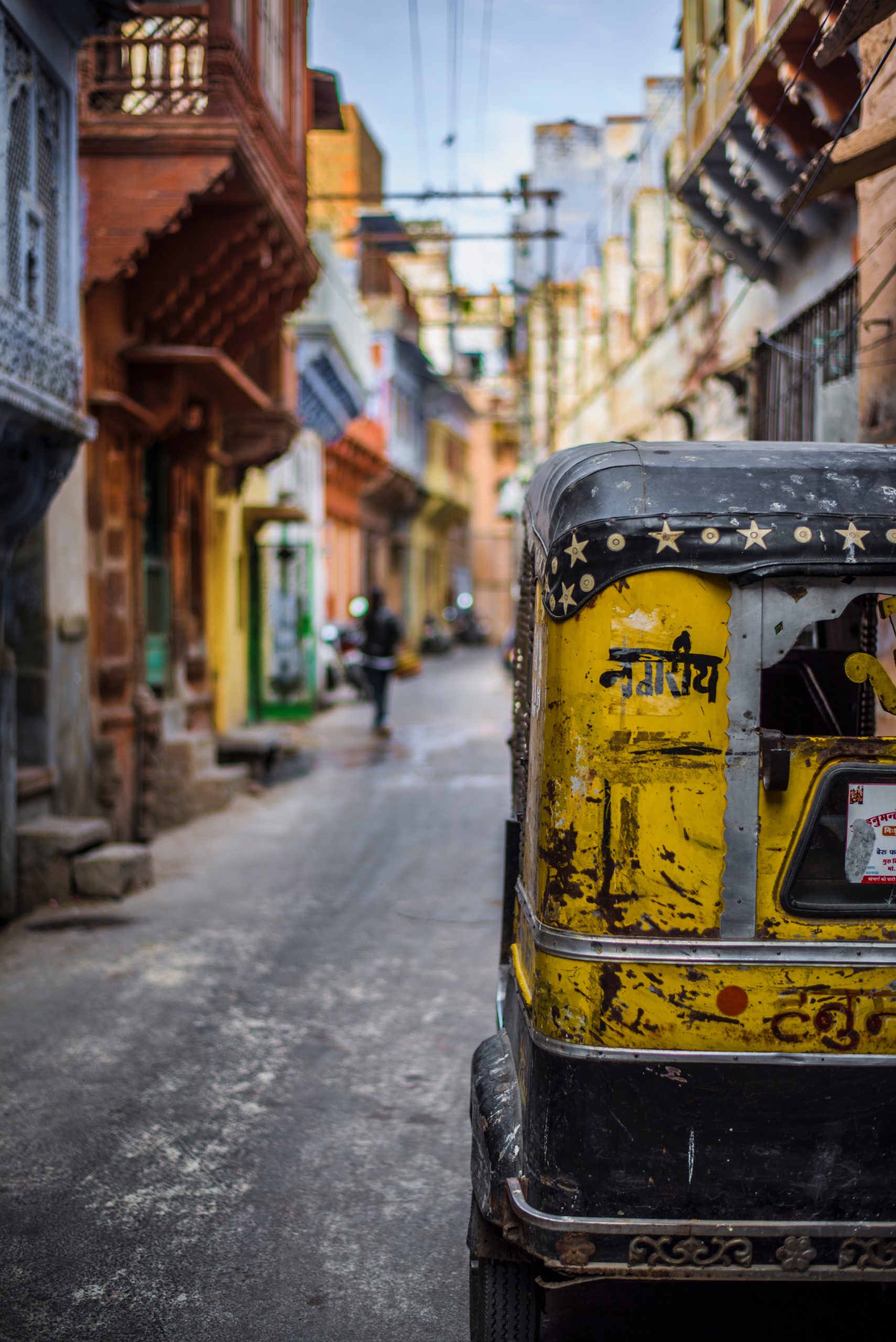ADF India
Post Written by Kate Creecy

This semester, I serve with a team of students conducting research for Alliance Defending Freedom (ADF) India. ADF India advocates for human rights by changing culture and impacting the law through promoting religious freedom and human dignity in India.
My team’s project focuses on researching India’s Foreign Contribution Regulation Act (FCRA) and assessing the Act’s impact on the ability of Non-Governmental Organizations (NGOs) to operate effectively and efficiently within the country.
The FCRA
The FCRA regulates the flow of foreign funding to organizations and individuals in India. Under the FCRA, organizations and individuals whose purposes consist of cultural, economic, educational, religious, or social endeavors cannot receive foreign funding without first registering (for continual receipt of foreign funding) or obtaining permission (for more limited receipt of foreign funding.) The FCRA also allows the Indian Government to prevent any organization/individual in India from receiving foreign funding unless they first secure registration or permission. The Act grants extremely broad powers to the Indian Government to restrict access to foreign funding.
Many NGOs within India rely on foreign funding. Thus, the FCRA impacts NGOs in particular. These NGOs face new, difficult challenges under the recently amended FCRA. The amended version of the Act prohibits anyone who has registered or obtained permission from transferring, sub-granting, or re-granting foreign funding. In other words, even if an NGO properly secures FCRA registration, an NGO cannot take the lead on cooperative projects with local groups and fund their joint endeavors. The FCRA binds the hands of NGOs and hinders their ability to reach out to vulnerable populations via local partnerships.
Furthermore, the amended Act mandates that organizations and individuals who seek registration or permission must funnel foreign funding into a state-owned bank account before transferring it elsewhere. The state-owned bank reports the amount of foreign funding, the source of the foreign funding, and other details. The FCRA represents a tight-fisted grip of control that the Indian Government maintains over the everyday affairs of NGOs. The FCRA prevents human rights organizations like ADF India from using money as effectively and efficiently as would be otherwise possible.
Advocating for Change
The truth is that money talks. By use of draconian financial restrictions, the Indian Government not only suffocates NGOs’ ability to freely speak, express, and associate, but the Government also violates international law. My team is researching legal arguments that make these exact points. We are advocating for vast changes to the FCRA.
From offices and desks on the other side of the world, our team is fighting behind-the-scenes for ADF India’s mission. Our research will help NGOs change the law and articulate the rights they have so that they can use their funding for good—for human rights, human life, and human dignity.
This post was written by a Center for Global Justice Student Staff member. The views expressed in this post do not necessarily reflect those of Regent University, Regent Law School, or the Center for Global Justice.

